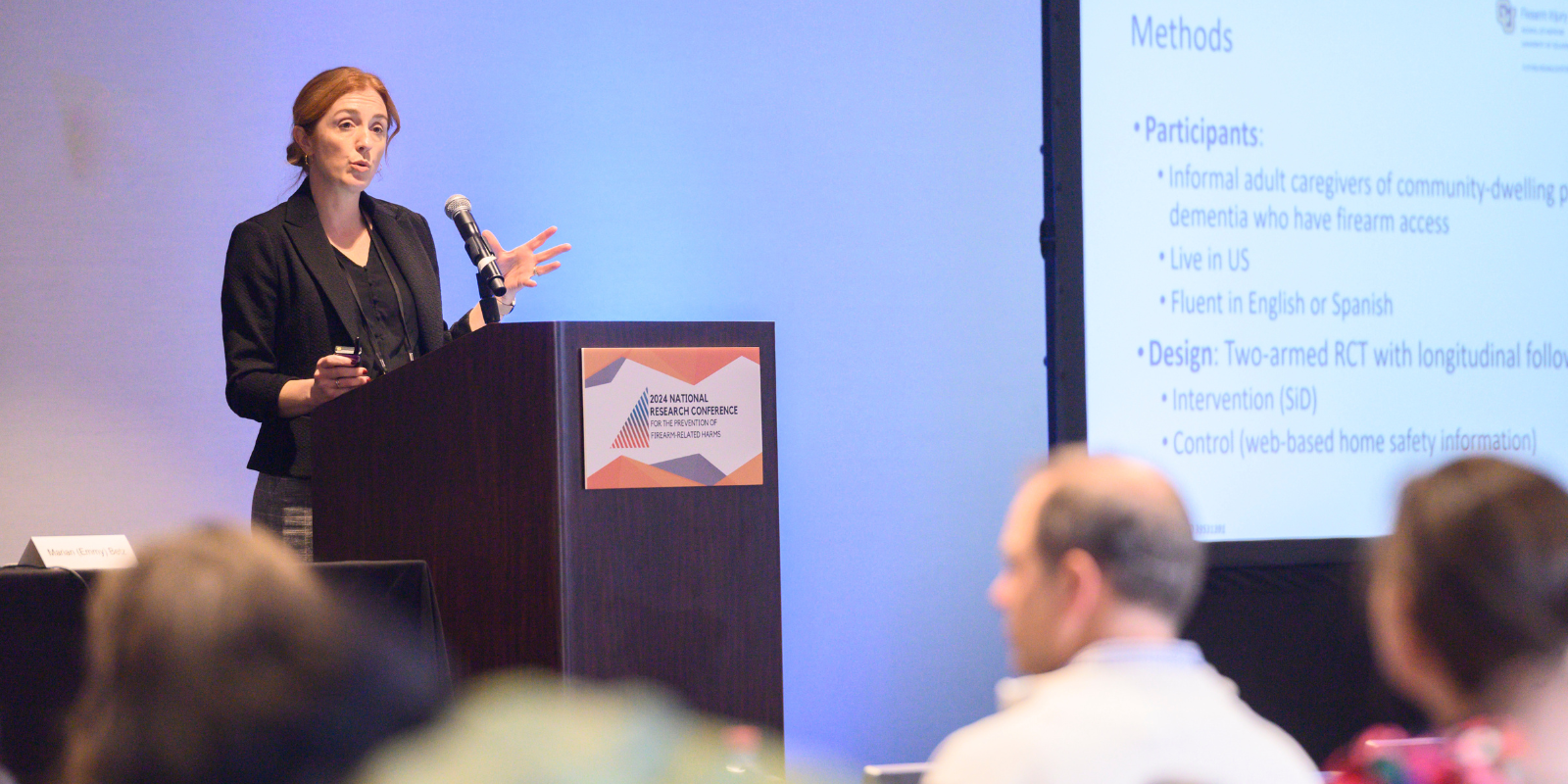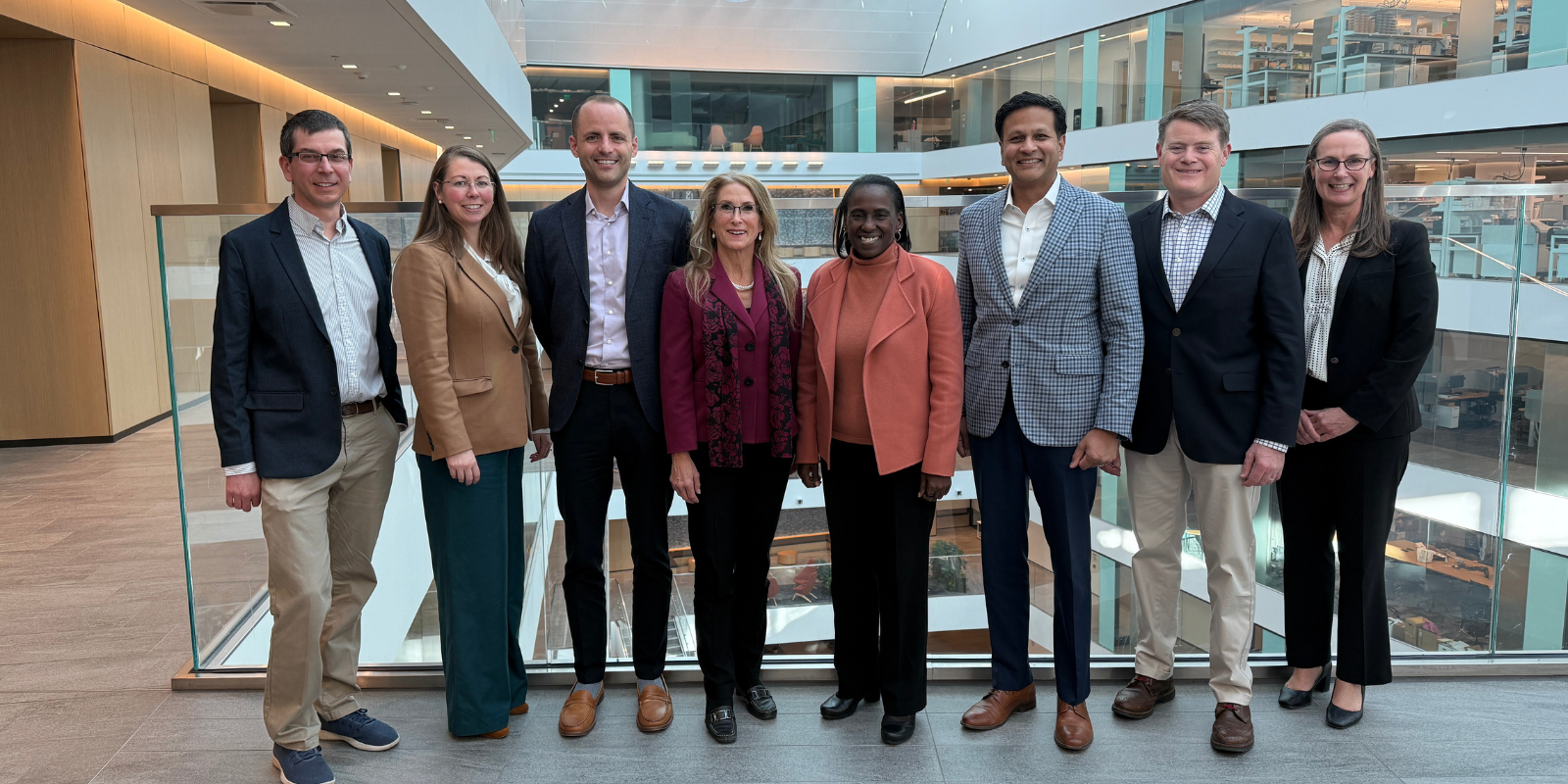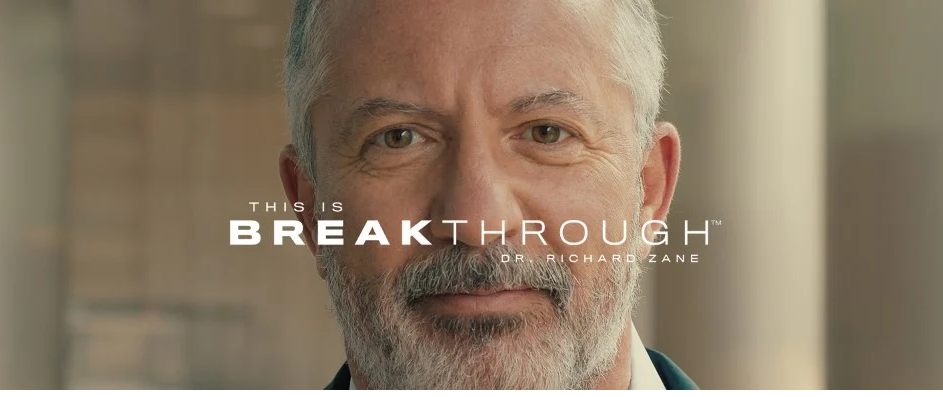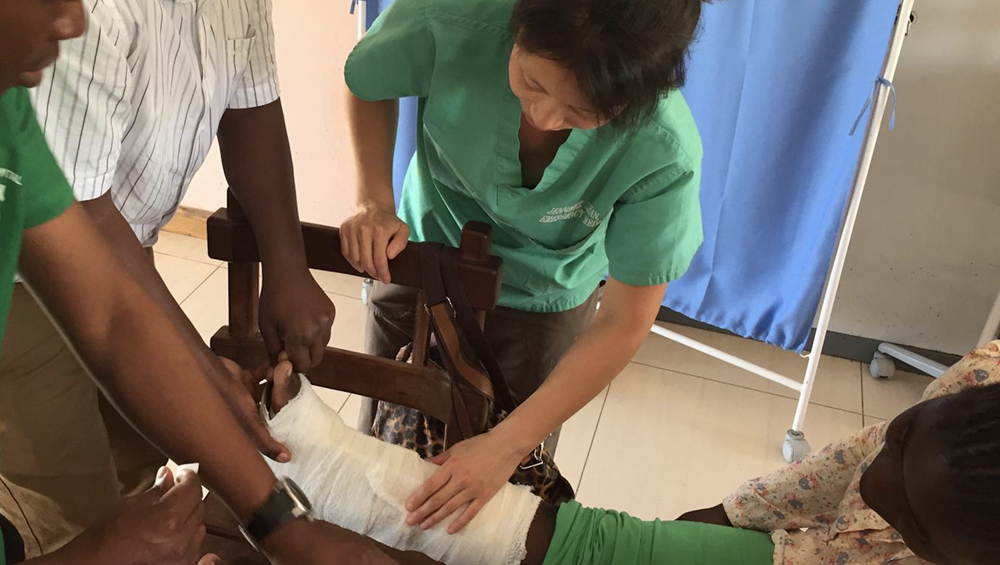-

Novel Partnership Helps Arapahoe County Offer Firearm Storage Solutions to Child Protection Services Clients
1/15/2025The metro Denver county’s child and adult protection services division now offers firearm lockboxes and materials on opioid overdose prevention to families through a new program called SafeHomesCO. Leaders, who worked with the CU Firearm Injury Prevention Initiative, say the program has been beneficial....Read More
-

CU Firearm Injury Prevention Members Spotlight Expertise at National Conference
12/17/2024In 26 scientific presentations, CU Firearm Injury Prevention Initiative affiliates spoke on critical research, policies, and partnerships at the 2024 National Research Conference for Prevention of Firearm-Related Harms....Read More
-

Defense Health Agency Director Visits CU Military Medicine Research Program
12/16/2024The CU Center for COMBAT Research hosted U.S. Army Lt. Gen. Telita Crosland, DHA director, to learn and discuss military health care innovation and research....Read More
-

Half of Psychedelic-Related Poison Center Cases Result in Medical Treatment, Study Finds
11/18/2024As laws, policies, and regulations around psychedelics change and use increases, CU researchers are exploring ‘real world use’ and its outcomes....Read More
In the News
Instagram
Highlights
158,000
Patient Visits Annually
Leaders
Transforming ED Operations
Quality
#1 in Quality in the University Health System Consortium
Educators


